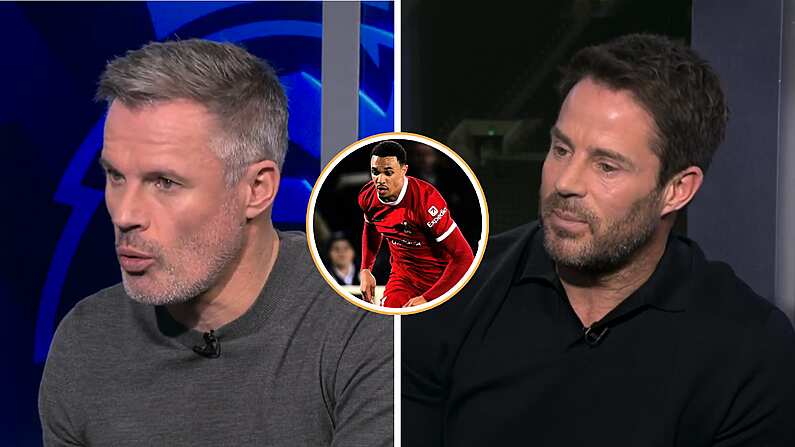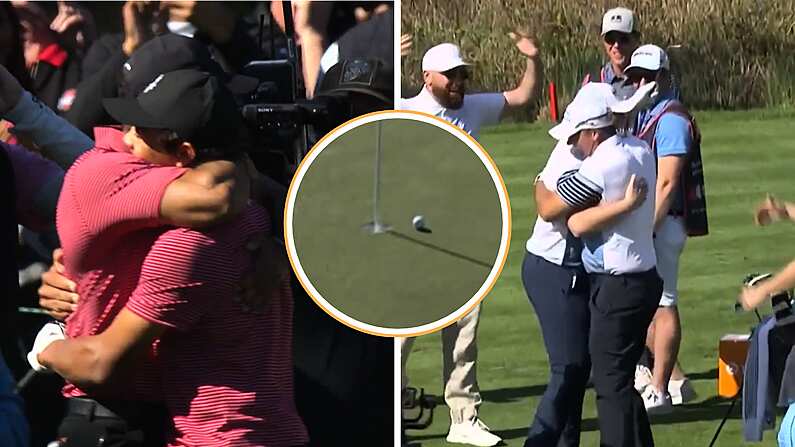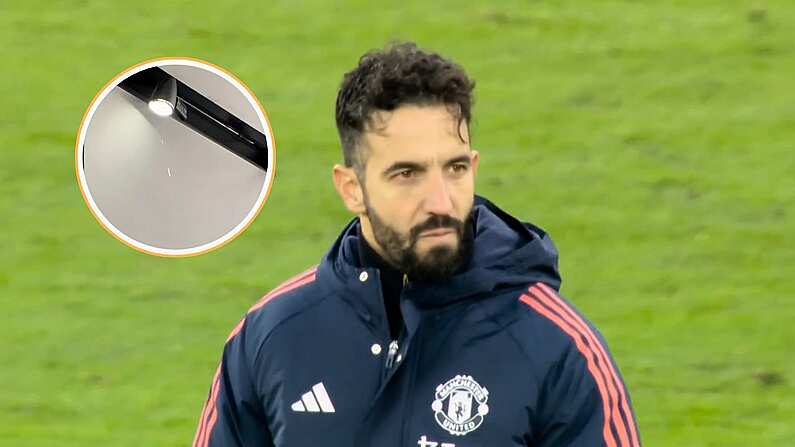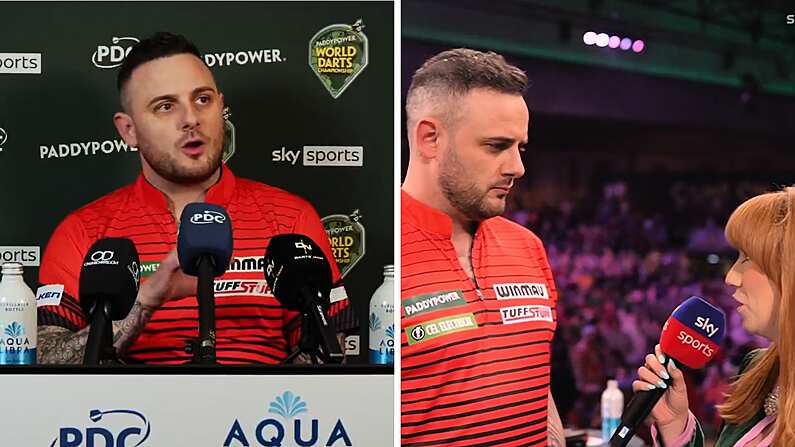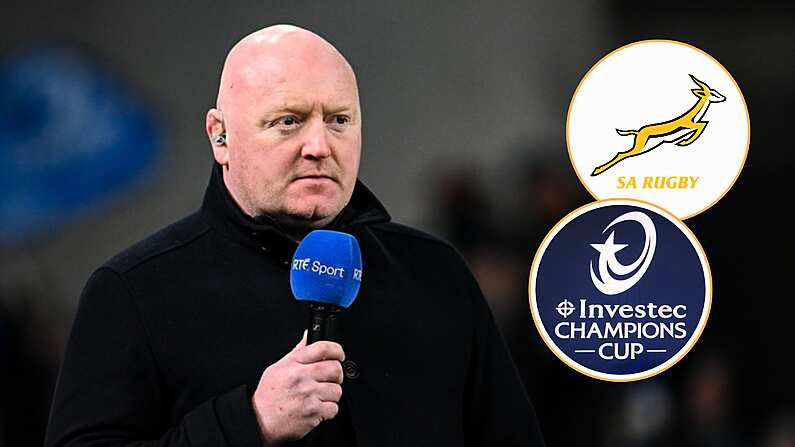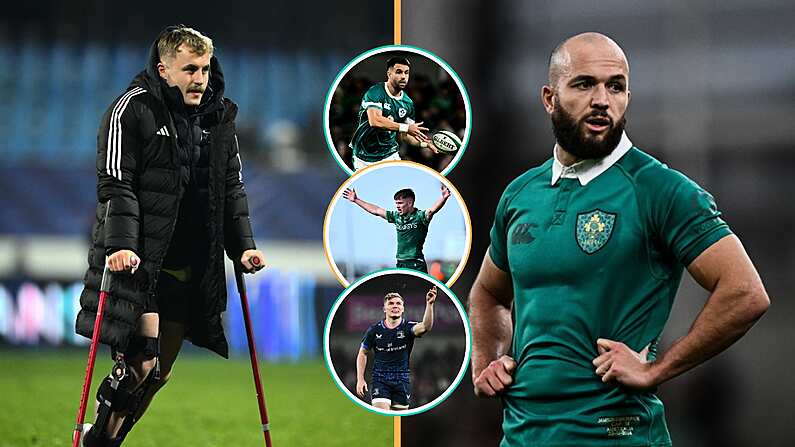For the last ten years, one of the biggest gripes that George Hook has had is that Ireland didn't have a 'natural openside'. It's something that hasn't been mentioned since Sean O'Brien emerged as a fantastic groundhog, but Hook's point was that teams can't compete with the best without having a natural openside flanker.
It's been hard to argue for or against that point, but now it looks like Hook was right - openside flankers are incredibly important.
Based on a belief from Craggy Island Rugby, a fantastic Connacht Rugby podcast, that the westerners seem to win more games when they have a 'natural' 7 playing in their team, I had a look at all of Connacht's results for the last two seasons and who was playing in the number 7 jersey.
For this exercise, anyone who plays the majority of their rugby in the 7 jersey - Jake Heenan, Nepia Fox-Matamua, and Willie Faloon - counts as a natural 7; and anyone who normally plays as a blindside flanker or no.8, and was only filling in because of injury is classed as an 'un-natural 7'. Those players are Eoghan Masterson (a very good No. 8), Eoin McKeon (also a No. 8), and James Connolly (a blindside flanker).
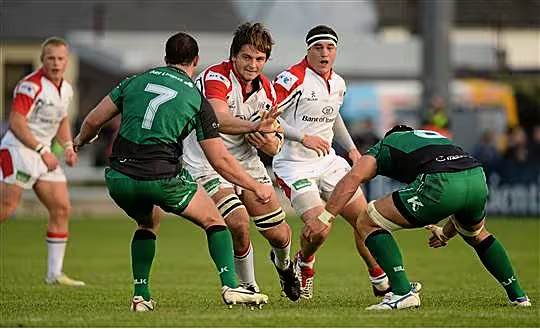
Looking at all of the results Connacht have had since September 2014, when they started a natural 7 they won 65% of their games. That figure would be higher if they hadn't let a 24-10 lead slip once Willie Faloon went off in the draw with Cardiff early in the 2014/15 season. Compare that to the 35% win percentage when one of McKeon, Masterson, or Connolly started in the openside jersey and it's startling to think how important an openside flanker is.
See Also: The Difference Between An Openside And Blindside Flanker
Each natural openside flanker had win percentages over 50%, with Nepia Fox Matamua topping the charts at 88% suffering only one loss in his eight Connacht games before injury. Compare that with the unnatural 7s, which includes Masterson's one win in nine outings as an openside. Masterson's form at No.8 prove that he is a great player for Connacht, but that the team needs the qualities that a natural openside brings to the breakdown and link-play.
Of course, how good your openside flanker is isn't the be-all and end-all, but a disparity of 30% between the results do give credence to Hook's argument.
It's perhaps even less surprising to see that the teams that contested the Rugby World Cup final had three of the best openside flankers in world.
It could also explain Munster's poor form whilst Tommy O'Donnell was out injured, and provide hope for the future now that the Tipperary man is back in action.
Ireland should be set in the openside department for the next number of years with the likes of O'Brien, Henry, O'Donnell, Josh van der Flier all playing great rugby as the most natural openside flankers Ireland have had since Keith Gleeson.
See Also: Andy Farrell's Appointment Is Not Going Down Well With George Hook
Picture credit: Stephen McCarthy / SPORTSFILE



